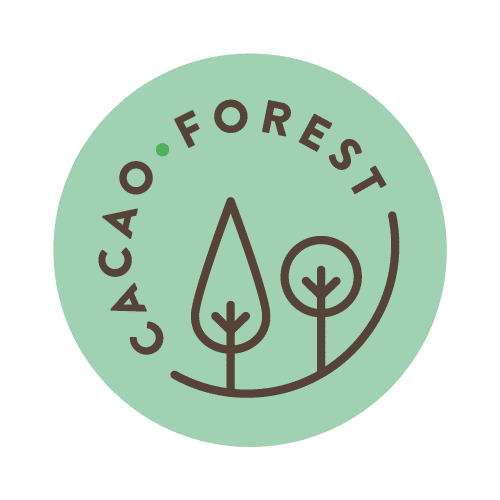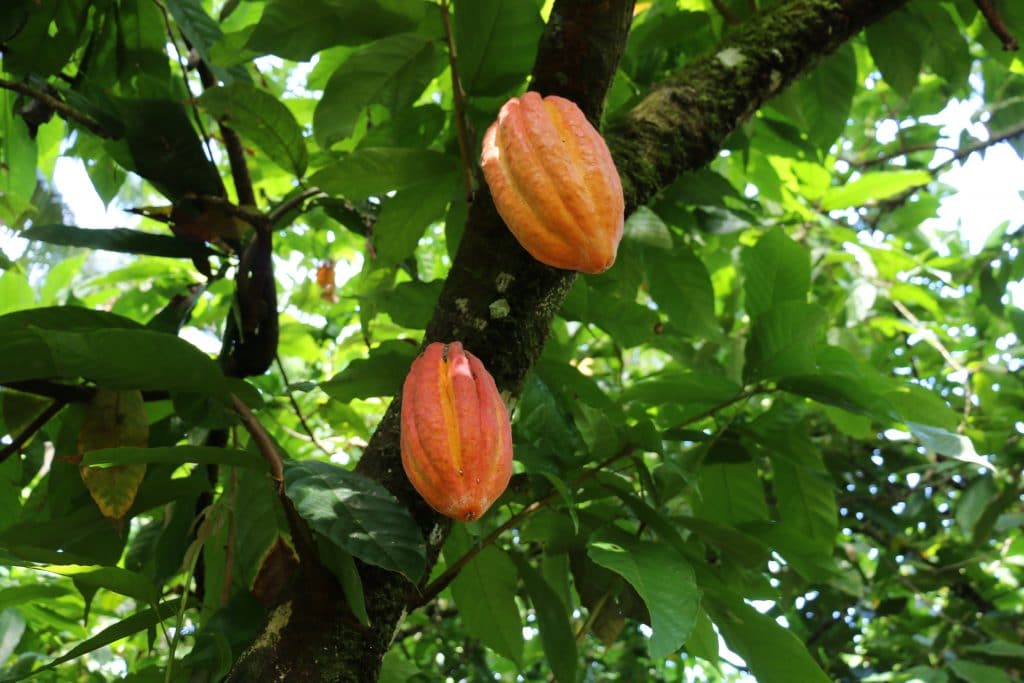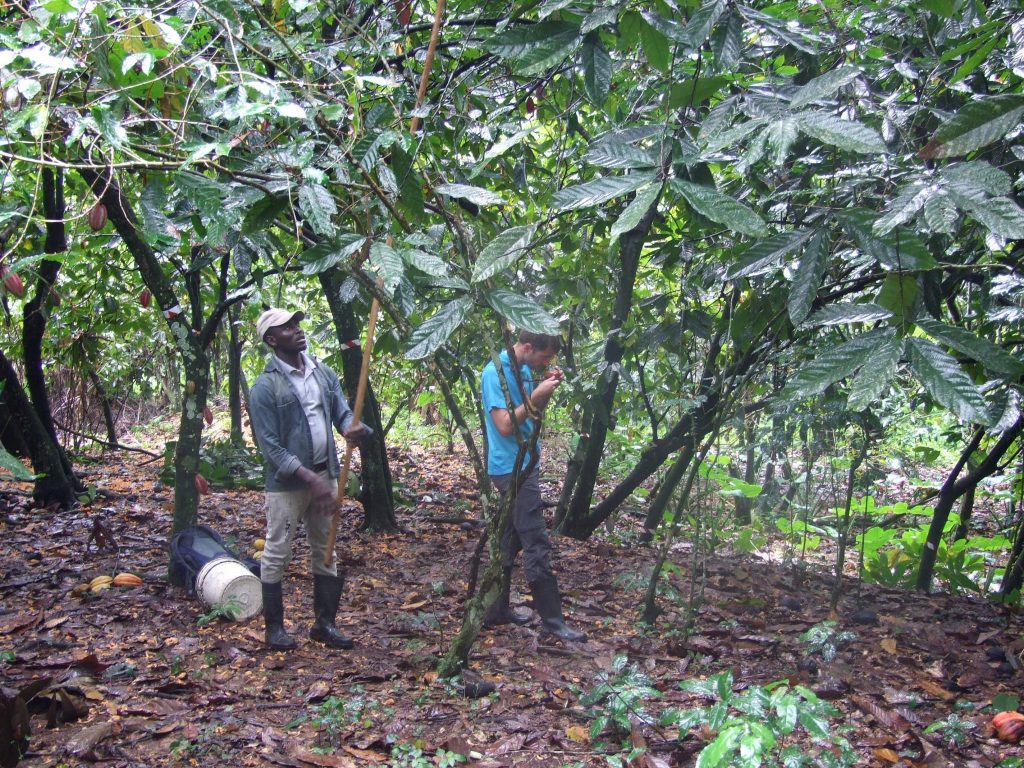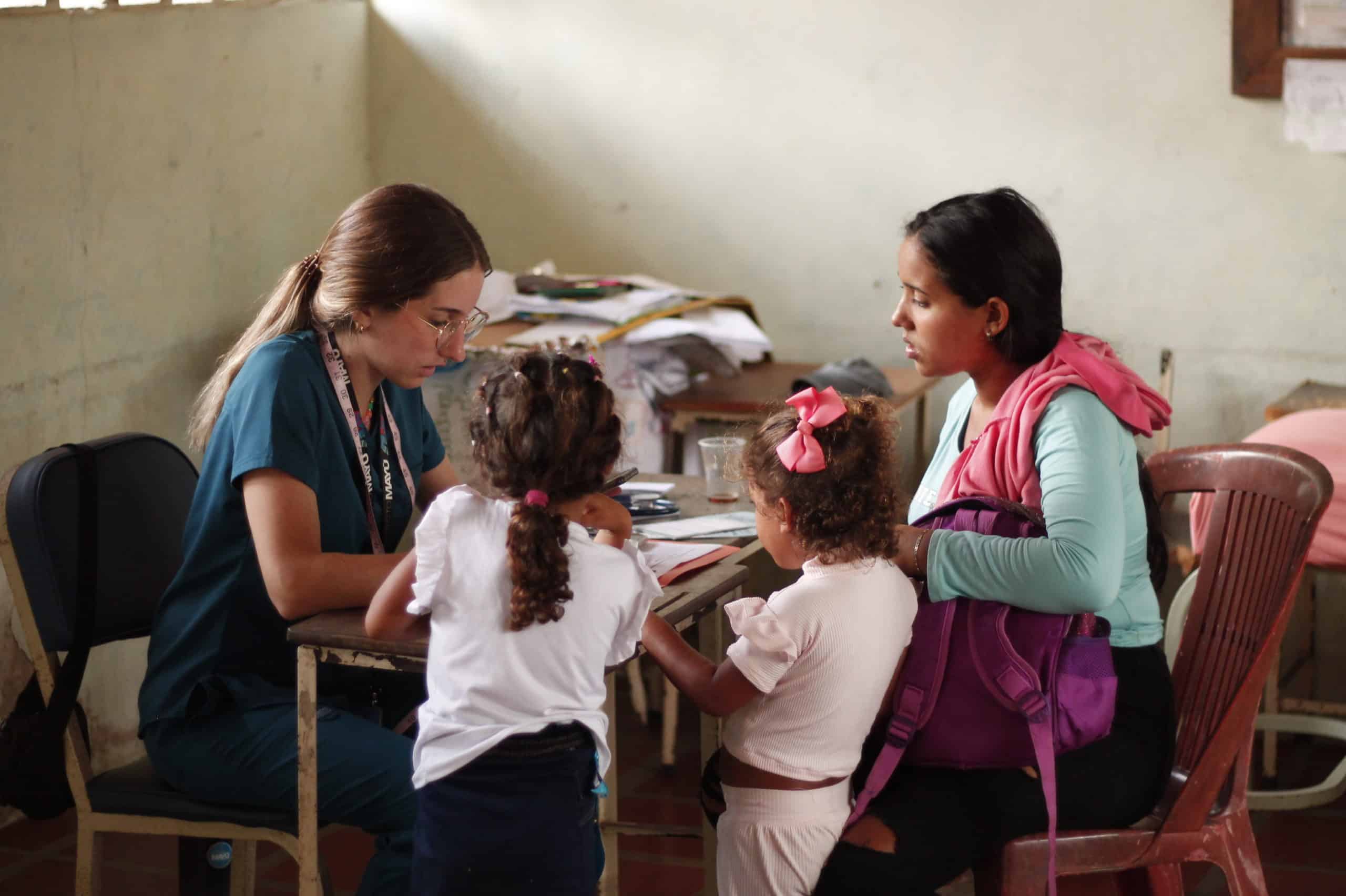
Cacao Forest’s ambition is to ensure the sustainability of the cocoa sector by having a positive impact on the lives of cocoa producers and on the environment. To this end, Cacao Forest designs and deploys innovative cocoa farming models based on agroforestry. In other words, we grow cocoa trees alongside other plant species to diversify production while ensuring the regeneration of the plot.
By doing this, we aim to improve the resilience of rural communities, diversify producers’ incomes, protect the environment and increase the productivity of farms, all while keeping the cocoa quality the same or improving it.
Cacao Forest is a collaborative program that brings together committed and complementary players in the cocoa sector: farmers, scientists, NGOs, companies, and chefs, working together to create and develop the sustainable future of cocoa.
Where are we?
Phase 1 of the project led to the design of innovative prototypes (cocoa trees, fruit trees, etc.). Following a very promising review, Phase 2 was launched in 2020, enabling more than 300 farmers to benefit from the program. Between 2020 and 2023, €1 million, contributed equally by the private sector and the French Development Agency, will be used to develop sustainable cocoa farming.
Here are some concrete examples of implementation:
- Training on agroecological farming practices (e.g. making liquid compost that is highly effective on growing plants)
- Creating and testing a large-scale industry with the COOPROAGRO cooperative following market studies and tests on fruit and vegetables from farms that also produce cocoa in Phase 1
- Closely monitoring the development of cocoa and fruit trees (citrus fruits, avocados, etc.) or other associated species (such as tubers) on the 36 experimental plots installed in Phase 1 of the project in two different regions
- Setting up an “agroforestry” course with Dominican partners for future agricultural technicians
- …
Visit cacaoforest.org to learn more about the program!




